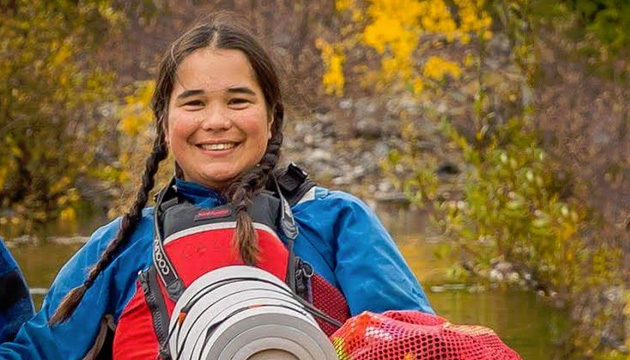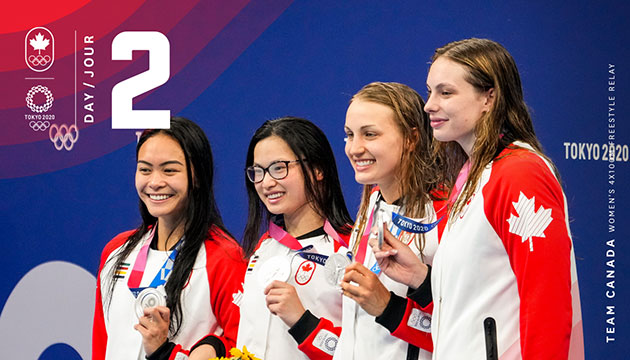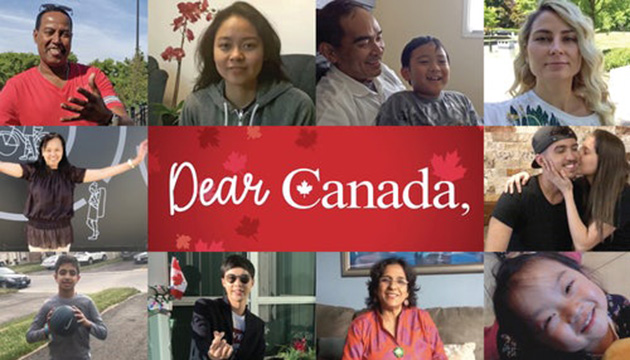In June, Prime Minister Justin Trudeau hosted the Tres Amigos Summit in Ottawa for U.S. President Barack Obama and Mexican President Enrique Pena Nieto.
During the summit the three North American leaders, reiterated their common respect for diversity. President Obama paid homage to the universal values of equality, tolerance, diversity and the natural and legal rights of people to participate in a pluralistic society. To which Trudeau added, “that’s what Canadians believe in because that is what we are”.
This latest statement from the Canadian Prime Minister reinforces the Liberals election promise of a kinder and more humane immigration policies in the Trudeau government. For Canadian Filipinos, this is good news.
The Philippines has been the primary source of recent immigrants to Canada having surpassed India in 2010 and China in 2012. In fact, according to the 2011 Canadian census more than 50 percent of Filipinos in Canada arrived in 2000 and after. From only 770 Filipinos in Canada in 1965, their numbers have now reached more than 800,000. With 30,000 or more admitted each year, they may exceed a million by 2020.
Despite the rapid increase in numbers of Canadian Filipinos, there are indications that their lives in their adopted country are not without problems. Some studies have shown that although they have high levels of education, they have lower incomes than other immigrants with less educational qualifications. Many Canadian Filipinos suffer from a “de-skilling” process because their educational qualifications are not recognized in Canada. It is important, therefore, to understand how the new immigration policies promised by the new Liberal government under PM Trudeau will solve their problems and improve their lives.
The past decade under the Conservative Party was not good for Filipino immigrants. Although Canada accepted more Filipinos during that period the government drastically changed immigration policies by accepting more temporary foreign migrants rather than permanent residents. This was done through the Live-in Caregiver Program (LCP), the Provincial Nominee Program (PNP) and largely through the Temporary Foreign Workers Program (TFWP).
Liberal Canada has traditionally regarded immigration as a nation building measure. Under the Conservatives, however, immigrants were mainly viewed as temporary workers to occupy low paying menial jobs. They were needed as cheap labor but not wanted as permanent residents or citizens. Thus, the Harper government reduced the number of economic migrants and those coming under the family reunification and the live in caregiver programs. Instead, it accelerated the entry of temporary foreign workers whose chances of becoming permanent residents depended on the pleasure of their employers.
The recent victory of the Liberal Party under Prime Minister Justin Trudeau promises to change the Conservatives’ negative immigration policies. PM Trudeau has announced that the multicultural policies adopted during his father’s administration will be restored. More permanent residents, including those under the family reunification program will be accepted. The processing of the applications for permanent residence by live-in caregivers will be accelerated. The in-migration of foreign temporary workers will be reconsidered to avoid the exploitation of workers from less developed countries.
Thus the more positive policies of the Liberal government under PM Trudeau will significantly improve the lives of Canadian Filipinos because the majority of caregivers and temporary foreign workers in low-paying jobs are from the Philippines. Unless their situation is changed, they are in danger of becoming a permanent underclass in Canadian society. Hopefully, the Liberals promise of “sunny ways” will let the sun shine on their lives.
By Prod Laquian for
The CFNet Editorial Board
Contact us at










